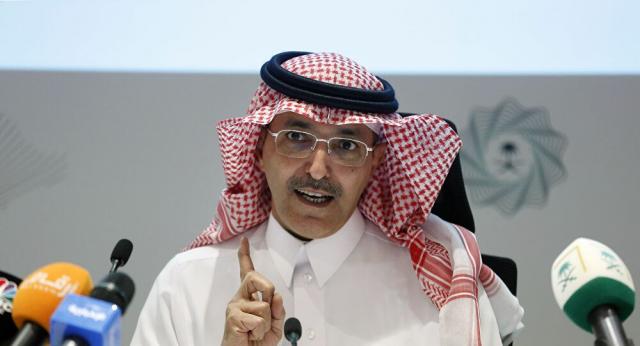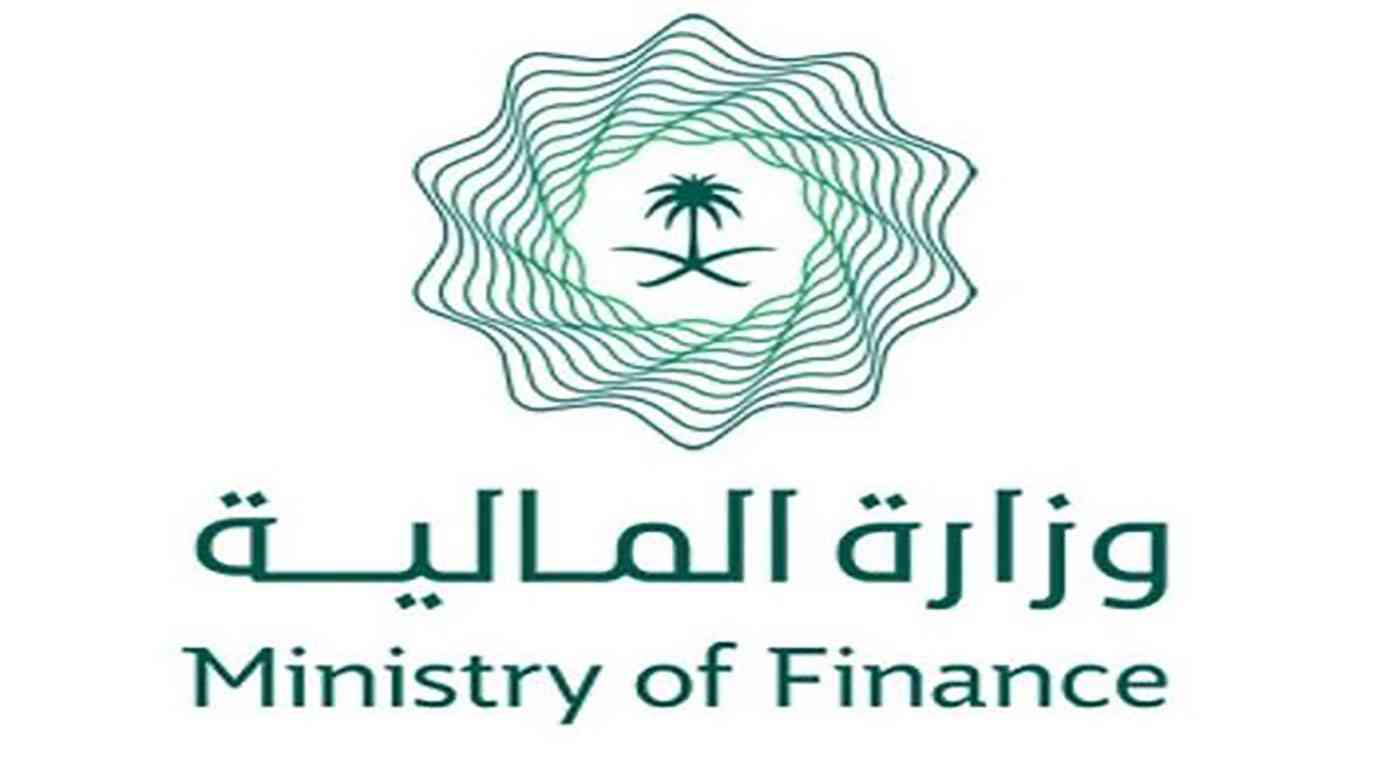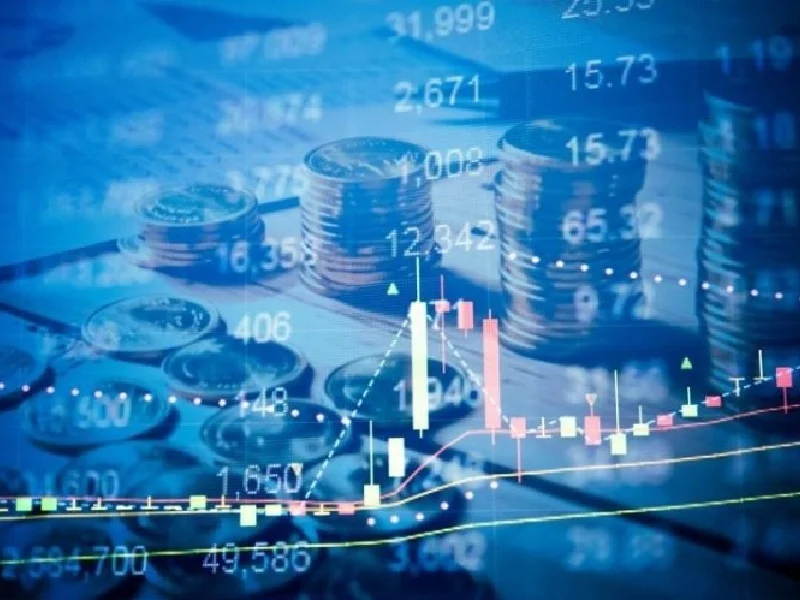Publisher: Maaal International Media Company
License: 465734
No intention to amend VAT -Aljdaan says
Financial Advisors Appointed for Green Debt Instruments Issuance
The Kingdom has appointed financial advisors to issue green debt instruments, but it has not yet determined the form of the issuance, Finance Minister, Muhammad Al-Jadaan said.
Saudi economy is recovering well from the pandemic, expecting the Non-oil GDP to grow by between 4.7% and 5% this year, and that the GDP growth, in general, will be 2.8%, according to Al Arabiya Net and Reuters cited the minister.
No plans yet, he added, to amend the value-added tax, after increasing it last year by 10%, to mitigate the impact of the decline in oil revenues on state finances, he reasserted.
اقرأ المزيد
Speaking from Rome, where he attended the G20 summit, Al-Jadaan said that the Kingdom, the world’s largest oil exporter, is working towards achieving a sustainable economy through sustainable energy revenues and resources.
“The government has many green projects. We have a lot of solar and wind power plants that need financing, and we have many new plans, in the pipeline,” he explained.
Saudi Arabia has appointed financial advisors, but has not yet decided on details, such as whether the financing will be in the form of a joint loan, bonds or sukuk, and whether it will be issued on a local or international scale, he drew attention.
“We are working on determining that and will announce it very soon,” he said.
Ahead of United Nations climate talks that began on Sunday in Glasgow, Scotland, Saudi Arabia said last month it aimed to reach zero emissions of greenhouse gases by 2060.
“We are very serious about climate change… (but) we need to make sure that we are also realistic about the transition process,” Al-Jadaan elaborated.
Saudi Arabia repeatedly stresses the existing and continuing importance of fossil fuels to the security of global energy supplies.
This is a medium to long-term program, but to date, it has achieved between SR470 and SR500 billion of investments from listed private and public companies, he stated.
The Public Investment Fund (PIF), the sovereign wealth fund, and the engine of the Kingdom’s endeavors for economic shift, also plans to pump about SR150 billion into the national economy, annually, until 2025.
PIF has “abundant liquidity” and that “no additional transfers are currently being considered” after $40 billion of foreign reserves were transferred to the Central Bank last year, to help PIF finance its investments, he concluded.








